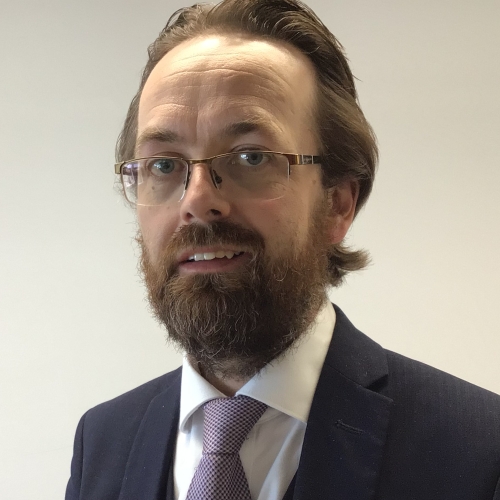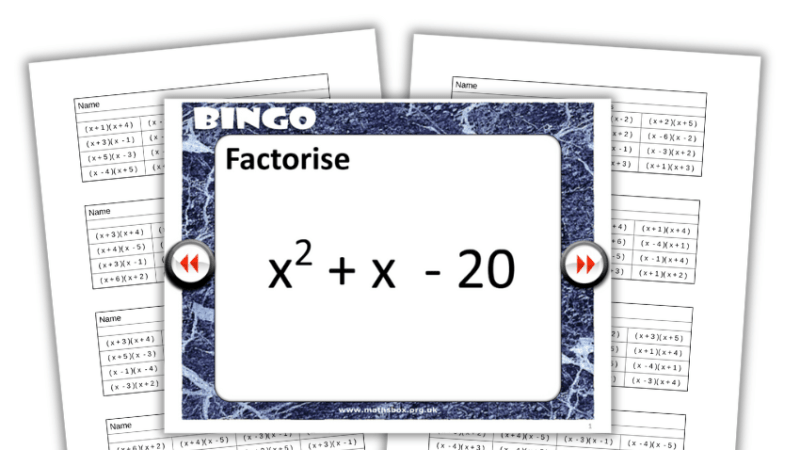GCSE religious education – Why it must evolve to stay relevant

Benjamin Wood explains why the increasingly ‘pick and mix’ nature of modern society means that religious education as we know it has to evolve…

- by Ben Wood

There is a problem with RE.
While there are many schools up and down the country where well trained, expert teachers provide high quality learning in the subject (including my own, Haslingden High in Lancashire), there are thousands more where provision is either poor, or barely there at all.
For teachers and leaders in the RE teaching community, the scale of the problem can be easy to dismiss. Those who work in schools like mine, where the subject is valued by the SLT, pupils and the wider community, our day to day experience of RE is positive. And for too many of my colleagues in these privileged situations, the status quo rules and the need for reform is denied.
Worthy of inclusion?
There are certainly some positives we could point to. A-level numbers are significantly higher than they were 20 years ago, and while GCSE numbers might have slipped this year, the numbers doing the full course GCSE are higher than in the past. But these figures can serve to mask the problem. RE is a statutory subject for all pupils in all schools, and yet only around one in three students take it at GCSE.
Some schools do provide excellent non- examined KS4 courses, but School Workforce Data shows us that around 40% of schools provide no teaching of RE at KS4, and that the proportion of academies without a religious character not providing RE at KS4 stands at around 50%.
Research also tells us that many primary teachers have had little or no training in teaching RE, either as ITTs or since they began work in a school, and consequently have little confidence in teaching a subject that can deal with controversial and sensitive issues.
There are those who share a similar privileged position to me that would argue the answer to these problems lies in enforcing the law requiring RE to be taught to all students in all schools. This has been their argument for several decades now, and the subject has continued to decline. This approach will not work.
Ofsted doesn’t see compliance with the law as part of its remit as regulator, while the government trots out the same line each time – ‘Statutory duty … blah blah … use complaints procedure … blah blah…’ – conveniently forgetting to mention that said complaints procedure is both Byzantine and Sisyphean.
Such responses also avoid the uncomfortable message emanating from the aforementioned lack of compliance. For many school leaders, governors and parents, the subject in its current guise is simply not worth a place on the timetable. And that’s where the challenge lies for those of us in the RE community.
Do we have a subject that’s truly worthy of inclusion within the jam-packed school timetable? For the answer to be yes – not just from RE teachers, but also from school leaders across the country – I believe it’s necessary for the subject to evolve.
A truer understanding
As the UK changed from being an almost entirely Christian society in the 1940s to a more mixed society in the 1980s, RE similarly changed its focus.
Originally conceived for the purpose of a particular form of Christian instruction, the subject used to focus almost entirely on certain interpretations of the teachings of Christianity.
By the 1980s, the UK population was still majority Christian, but now included many more people of other religions and of no religion. These changes were reflected in the classroom, as teachers increasingly taught lessons around a wider range of religions, and, in due course, came to cover non-religious perspectives.
Now, some 40 years on, the population has changed again. Participation in some traditional forms of organised Christianity have declined markedly, while some Roman Catholic and evangelical churches thrive.
More people are opting for a ‘pick ‘n’ mix’ approach when it comes to their beliefs, practices, identity and culture, taking these from a wide variety of religious and non-religious sources. Those who study this evolving landscape have highlighted the rise of those who believe in God but don’t belong to a religion, as well increases in the number of people who take part in religion, but don’t believe in God.
Surveys conducted by Y7 students at my school suggest a local community that’s diverse in its beliefs, practices, identities and ethics. In short, what we now see around us is kaleidoscopic – diverse and fluid, dynamic and pluralistic.
Just as the geography and science curricula have changed to reflect the growing urgency of climate change, so too must the RE curriculum change, in order to let our pupils build a truer understanding of the world they’re growing up in.
Meaning, truth and purpose
In 2018, the National Commission on Religious Education published ‘A National Plan for RE’. Its recommendations included proper funding for teacher training (both for trainee teachers and those already in classrooms) and setting aside space in school timetables for in-depth RE study.
Perhaps most importantly, it also called for the establishment of a National Entitlement, freeing the subject from control by a small number of powerful religious lobbies. This would help ensure that all pupils were given high quality lessons that taught them about the complex world they’re growing up in.
A lack of time and inadequate training for teachers, however, can mean that only simplified and reductive presentations are taught. Christianity remains the religion that’s covered more than any other, but for many pupils, the Christianity they learn about doesn’t chime with the reality of Christian life for many Christians.
Without careful teaching, religions can be presented as simplistic combinations comprising a few key beliefs, attendance at religious services and reference to a holy book. Non-religion can equally be reduced to little more than simply not believing in God. None of this deals with what it might actually mean to be a Christian, Muslim or atheist in the UK today.
Points of tension
At its best, high quality RE teaches pupils about the many different ways in which somebody can be a Christian, Muslim or atheist. It helps pupils understand how beliefs can influence the way someone lives, but also how the way a person lives can influence their beliefs. It tackles challenging questions, recognising and addressing, for example, the points of tension that exist within and between religious and non-religious worldviews.
It moves beyond superficial presentations of religious and non-religious ways of living, and towards grappling with questions of meaning, truth and purpose. A reformed subject – one that takes seriously the environment in which pupils are growing up – has a vital role to play in children’s education, as part of a broad and balanced curriculum.
But don’t just take my word for it; this is how my headteacher, Russell Clarke, describes the value of RE: “When expertly delivered, [RE] has the power to shape and develop the necessary understanding of the diverse perspectives and beliefs that exist, both locally and globally.
“It also equips students for the complex challenges that will inevitably feature in their daily lives and future careers. We must recognise that we live in a world that is increasingly diverse, and we must empower young people to be able to confidently discuss and celebrate those differences. RE has a vital role to play in a truly broad and balanced curriculum that is fit for the 21st Century.”
Ben Wood teaches RE at Haslingden High School – a large and proudly comprehensive school in Lancashire; he tweets as @Ben_Wood_RE









